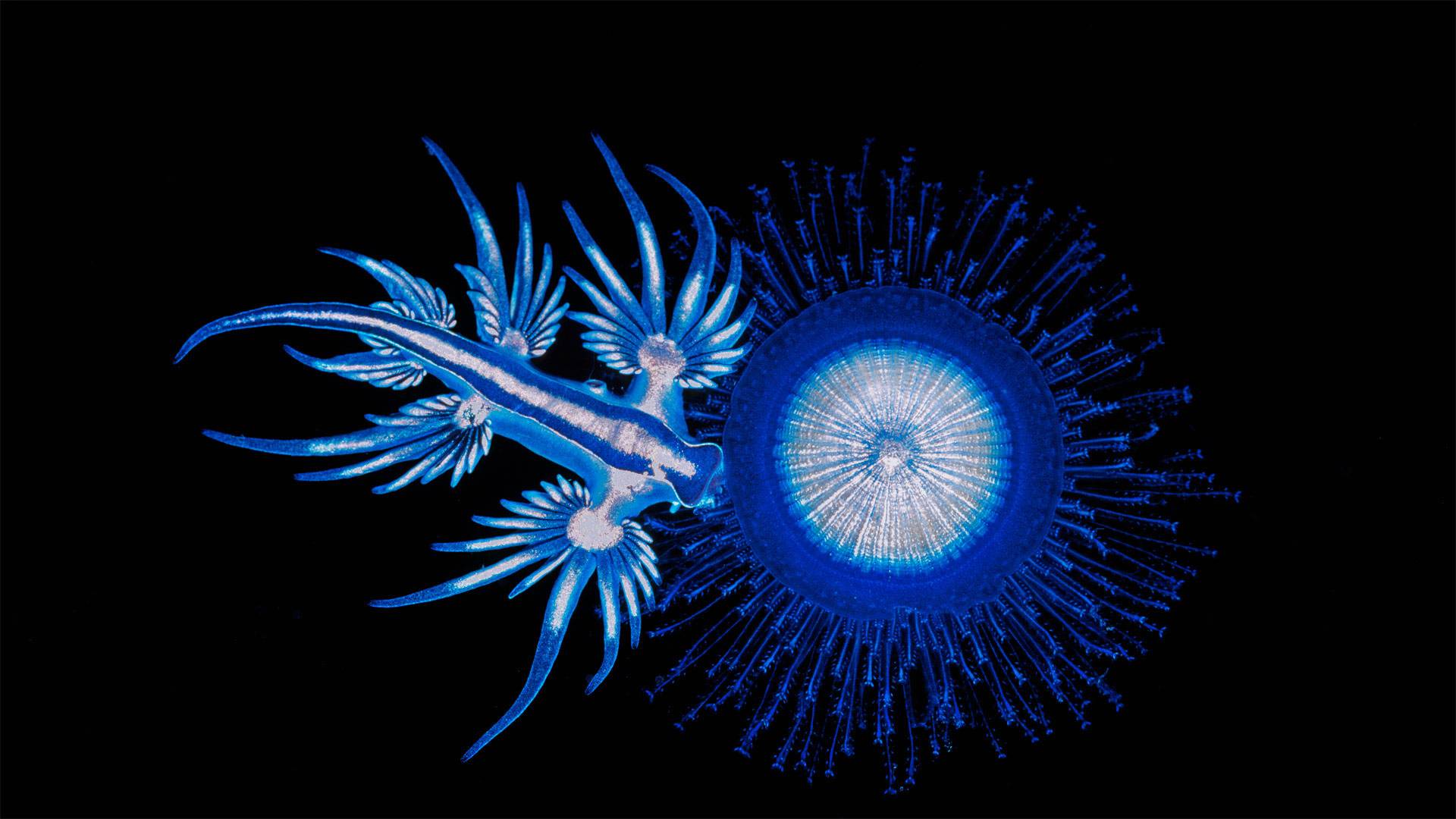Understand implicit interfaces and compile-time polymorphism
面向对象编程世界总是以显式接口和运行时多态解决问题。
1
2
3
4
5
6
7
8
9
10
11
12
13
14
15
16
17
18
19
20
21
22
23
24
25
26
27
28
29
| // 显式接口定义
class Widget {
public:
Widget();
virtual ~Widget();
// 函数名称、参数类型、返回类型
virtual std::size_t size() const;
virtual void normalize();
void swap(Widget & other);
};
void doProcess(Widget& w) {
if (w.size() > 10 && w != someNastyWidget) {
Widget temp(w);
temp.normalize();
temp.swap(w);
}
}
// 模板定义
template <typename T>
void doProcess(T& w) {
// w必须提供 size成员函数,支持 operator !=函数
if (w.size() > 10 && w != someNastyWidget) {
T temp(w);
temp.normalize();
temp.swap(w);
}
}
|
- classes 和 templates 都支持接口和多态
- 对 classes 而言接口时显式的,以函数签名为中心。多态是通过 virtual 函数发生于运行时
- 对 templates 参数而言,接口是隐式的,基于有效表达式。多态是通过 template 具现化和函数重载解析发生于编译期
Understand the two meanings of typename
声明 template 参数时,class 和 typename 意义相同
1
2
3
| template<class T> class Widget;
// typename暗示参数并非一定是一个class类型
template<typename T> class Widget;
|
通过typename C::const_iterator iter(container.begin())声明这是一个类型
1
2
3
4
5
6
7
8
9
10
11
12
13
| // C refers to Container
template<typename C>
void print2nd(const C& container) {
// 如果 C 有个static成员变量而碰巧被命名为const_iterator
// 或者 x 碰巧是个global变量名称
if (container.size() >= 2) {
C::const_iterator* x; // 不再是声明,而是一个相乘动作
x = iter(container.begin());
++iter;
int value = *iter;
std::cout << value;
}
}
|
- 任何需要在
template 中指涉一个嵌套从属类型名称的时候,就必须在紧临它的前一个位置加上关键字 typename typename只被用来验明嵌套从属类型名称typename不可以出现在 base class list 内的嵌套从属类型名称之前,也不可以在 member initialization list 中作为 base class 修饰符
1
2
3
4
5
6
7
| template<typename T>
class Derived: public Base<T>::Nested { // base class list 不允许
public:
explicit Derived(int x) :Base<T>::Nested(x) { // member init list 不允许
typename Base<T>::Nested temp; // ok
}
}
|
1
2
3
4
5
| template<typename IterT>
void workWithIterator(IterT iter) {
typedef typename std::iterator_traits<IterT>::value_type value_type;
value_type temp(*iter);
}
|
Know how to access names in templatized base classes
1
2
3
4
5
6
7
8
9
10
11
12
13
14
15
16
17
18
19
20
21
22
23
24
25
26
27
28
29
30
31
32
33
34
35
36
37
38
39
40
41
42
43
44
45
46
47
48
49
50
51
52
53
54
55
| class CompanyA {
public:
void sendClearText(const std::string & msg);
void sendEncrypted(const std::string & msg);
};
class CompanyB {
public:
void sendClearText(const std::string & msg);
void sendEncrypted(const std::string & msg);
};
class MsgInfo {};
template<typename Company>
class MsgSender {
public:
void sendClear(const MsgInfo& info) {
std::string msg;
Company c;
c.sendClearText(msg);
}
void sendSecret(const MsgInfo& info) {
std::string msg;
Company c;
c.sendEncrypted(msg);
}
};
template<typename Company>
class LoggingMsgSender : public MsgSender<Company> {
public:
void sendClearMsg(const MsgInfo& info) {
// do log before
sendClear(info); // there are no arguments to ‘sendClear’ that depend on a template parameter
// 如果Company == CompanyZ, sendClear函数不存在
// do log after
}
};
// no sendClearText for companyZ
class CompanyZ {
public:
void sendEncrypted(const std::string & msg);
};
// 特化版的MsgSender,既不是template,也不是class
template<>
class MsgSender<CompanyZ> {
public:
void sendSecret(const MsgInfo& info) {
...
}
}
|
C++知道 base class templates 有可能被特化,而那个特化版本可能不提供和一般性 template 相同的接口,因此往往拒绝在 templatized base classes 中寻找继承而来的名称。令 C++“不进入 templatized base classes 观察"的行为失效:
- 在 base class 函数调用动作之前加上
this-> => this->sendClear(info) - 使用 using 声明式 =>
using MsgSender<Company>::sendClear - 明确指出被调用的函数位于 base class 内 =>
MsgSender<Company>::sendClear(info)
Factor parameter-independent code out of templates
- Templates 生成多个 classes 和多个函数,所以任何 template 代码都不应该于某个造成膨胀的 template 参数产生相依关系
- 因非类型模板参数而造成的代码膨胀,往往可以消除,以函数参数或 class 成员变量替换 template 参数
- 因类型参数而造成的代码膨胀往往可以降低,让带有完全相同二进制表述的具体类型共享实现码
Use member function templates to accept “all compatible types”
1
2
3
4
5
6
7
8
9
10
11
| template <class T>
class shared_ptr {
public:
shared_ptr(shared_ptr const & r); // copy
template <class Y>
shared_ptr(shared_ptr<Y> const & r); // generic copy
shared_ptr operator=(shared_ptr const& r);
template <class Y>
shared_ptr operator=(shared_ptr<Y> const& r);
};
|
Define non-member functions inside templates when typeconversion are desired
1
2
3
4
5
6
7
8
9
10
11
12
13
14
15
16
17
18
19
20
21
| template <typename T>
class Rational {
public:
Rational(const T& numerator = 0, const T& denominator = 1);
const T numerator() const;
const T denominator() const;
// template class 内的 friend 声明式可以指涉某个特定函数
// friend
// const Rational<T> operator*(const Rational<T>& lhs, const Rational<T>& rhs);
};
template<typename T>
const Rational<T> operator*(const Rational<T>& lhs, const Rational<T>& rhs) {
}
// template实参推导过程中从不将隐式类型转换函数纳入考虑
int main() {
Rational<int> oneHalf(1,2);
Rational<int> result = oneHalf * 2; // can't compile
}
|
- 编写 class template 的时候,如果 template 相关的函数支持"所有参数隐式类型转换”,将函数定义为"class template 内部的 friend 函数"
1
2
3
4
5
6
7
8
9
10
11
12
13
14
15
16
17
18
19
20
21
22
23
24
25
26
27
28
29
30
31
32
33
34
35
36
| template<typename IterT, typename DistT>
void advance(IterT& iter, DistT d) {
// 利用iterator_traits获取类型信息
doAdvance(iter, d, typename std::iterator_traits<IterT>::iterator_category());
}
// random access iterator
template<typename IterT, typename DistT>
void doAdvance(IterT& iter, DistT d, std::random_access_iterator_tag) {
iter += d;
}
// bidirectional iterator
template<typename IterT, typename DistT>
void doAdvance(IterT& iter, DistT d, std::bidirectional_iterator_tag) {
if (d >= 0) {
while (d--) {
++iter;
}
} else {
while(d++){
--iter;
}
}
}
// input iterator
template<typename IterT, typename DistT>
void doAdvance(IterT& iter, DistT d, std::input_iterator_tag) {
if (d < 0) {
throw std::out_of_range("Negative distance");
}
while(d--) {
++iter;
}
}
|
